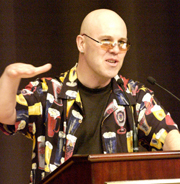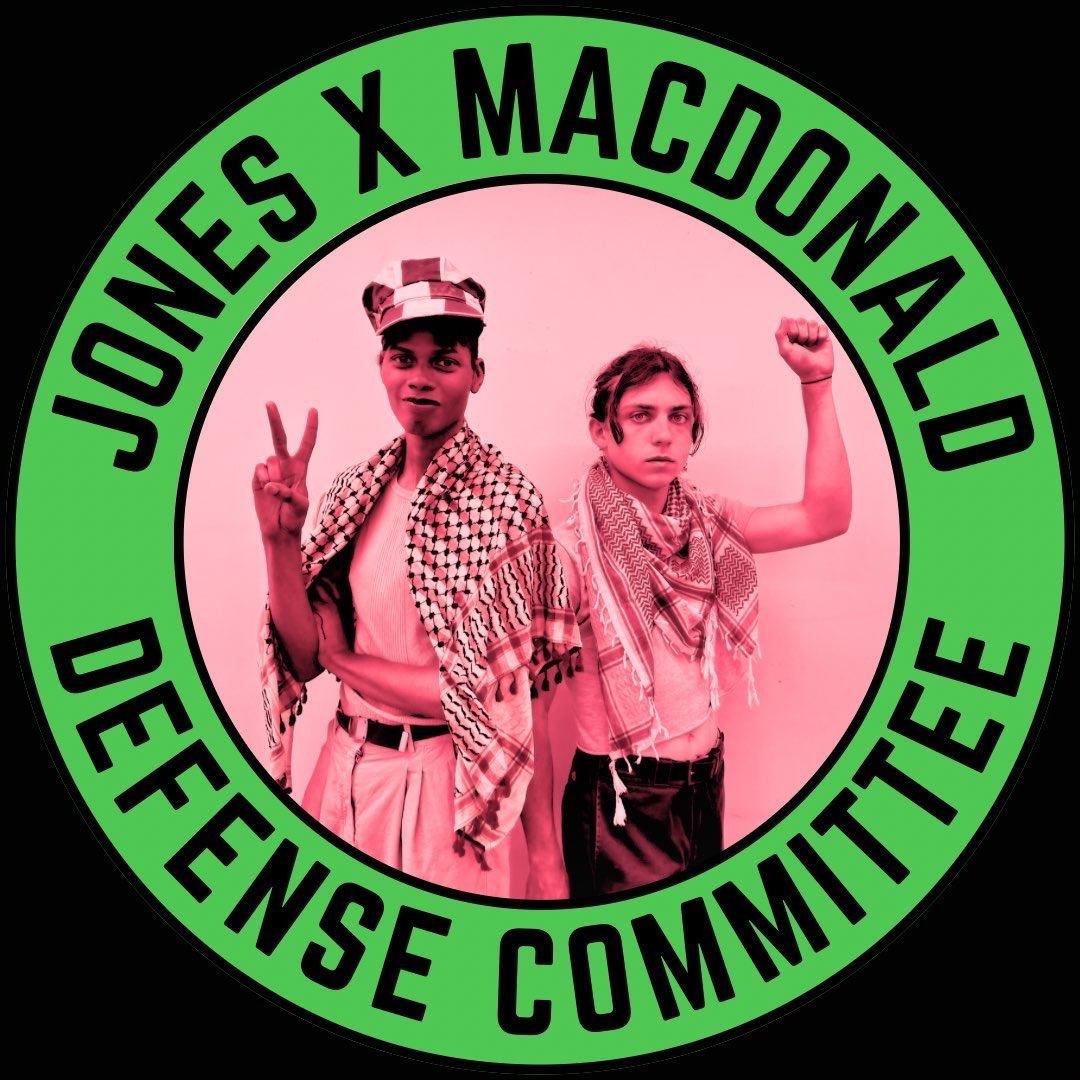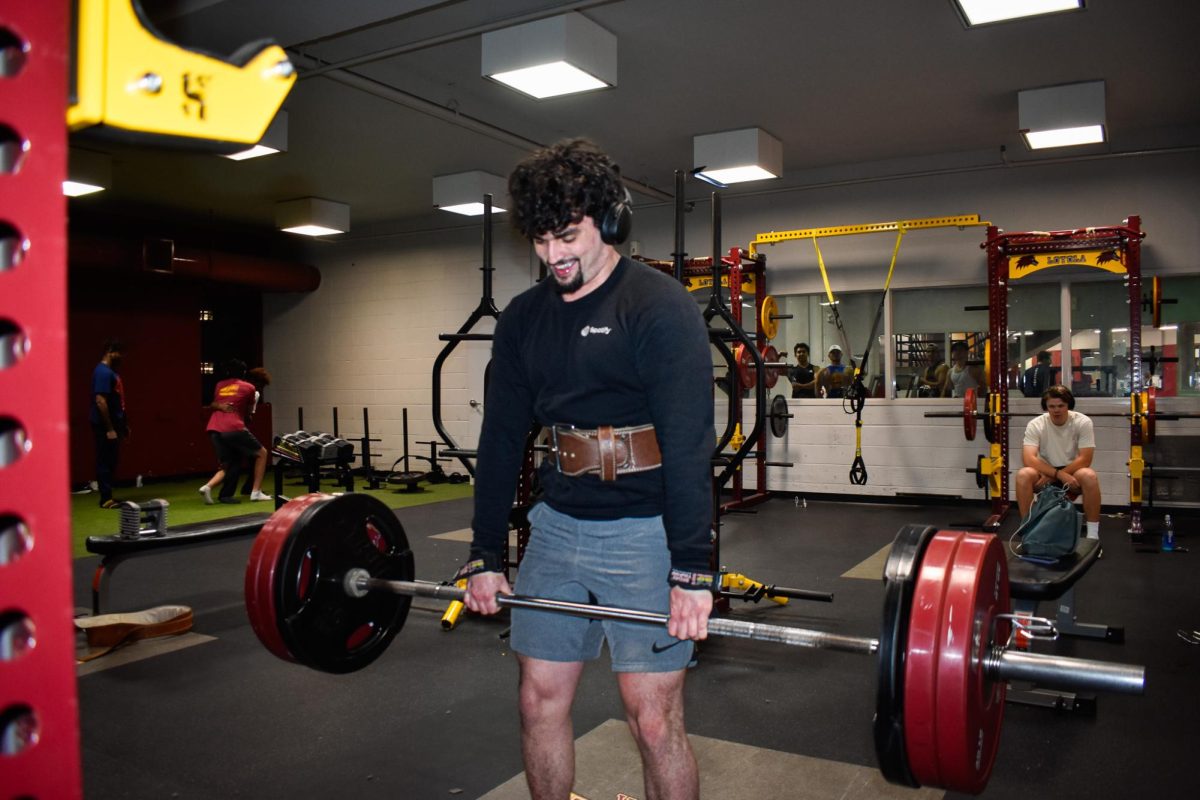Thomas Dolby, writer of “She Blinded Me with Science” and entrepreneur of Dolby Surround Sound, argued at a debate on music piracy Tuesday night that people have a moral obligation to respect and not steal the intellectual property of a musician.
Dolby advocated the view stressing copyrights and intellectual property laws, while John Barlow, former Grateful Dead lyricist and founder of Electronic Frontier Foundation, argued the view that emphasizes freedom of sharing information and a need for a new economic model for intellectual property.
“The term intellectual property is an oxymoron,” Barlow said. “We have to get away from the idea that music [as property] is not the same as a toaster. It’s a lot more like services.”
Barlow stated that sharing relevant information is a fundamental human tendency. He asked the audience who had illegally downloaded music or software before, and a vast majority of the audience raised their hands.
“You don’t look like criminals,” Barlow said. “It’s a social behavior that’s not going to change with laws. What will have to happen is different business models [will develop].”
Keeping his faith in copyright laws, Dolby said that the laws printed on his music guarantee his ownership of his property.
“I feel violated [when people download my music]” Dolby said.”I haven’t lost a lot of money. I feel violated nonetheless.”
Dolby also stated that over history copyright laws have adapted to fit the changes in recording technologies, from the early cylinder box to cable television.
“I think it [copyright] will still be able to evolve,” said Dolby. “John believes it should all be blown up and start from scratch.”
As an artist, he said, he should have a say in what happens to his music. Dolby said that new innovations present the possibility for downloading to be linked back to the artists. For example, when a piece of music is downloaded, the site could include a tip jar for the artist or even a pop-up link to purchase the artist’s CD.
The concerns of the audience ranged from the use of music downloads, as samples before purchase, to the warranted support for unknown artists whose main income is sales.
“As a consumer, I download music to sample before I buy,” political science sophomore Abby Roberts said.
The two debaters actually shared similar views on the corruption of the record industry.
Barlow said that record companies are in the most jeopardy of collapsing with the rise of convenient recording technologies. According to Barlow, 30 percent of concerts revenues go to the artists, whereas only four percent of record sales go to the artist.
“The record industry has a lot to lose,” said Barlow, adding, “but they don’t have sympathy from me.”
“I basically despised the music business,” Dolby said.
Naomi King can be reached at [email protected].













